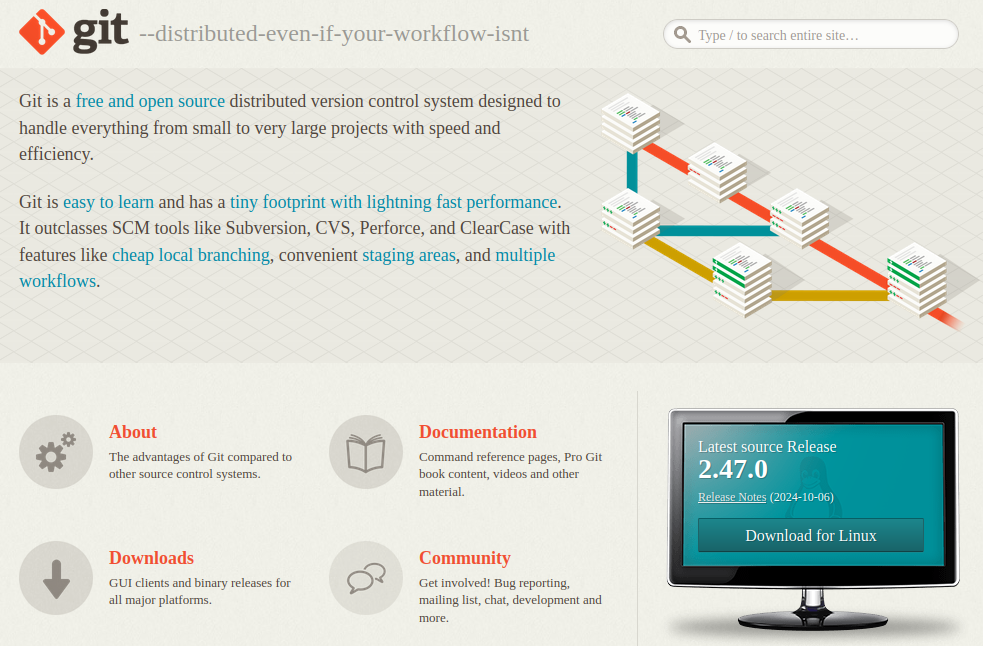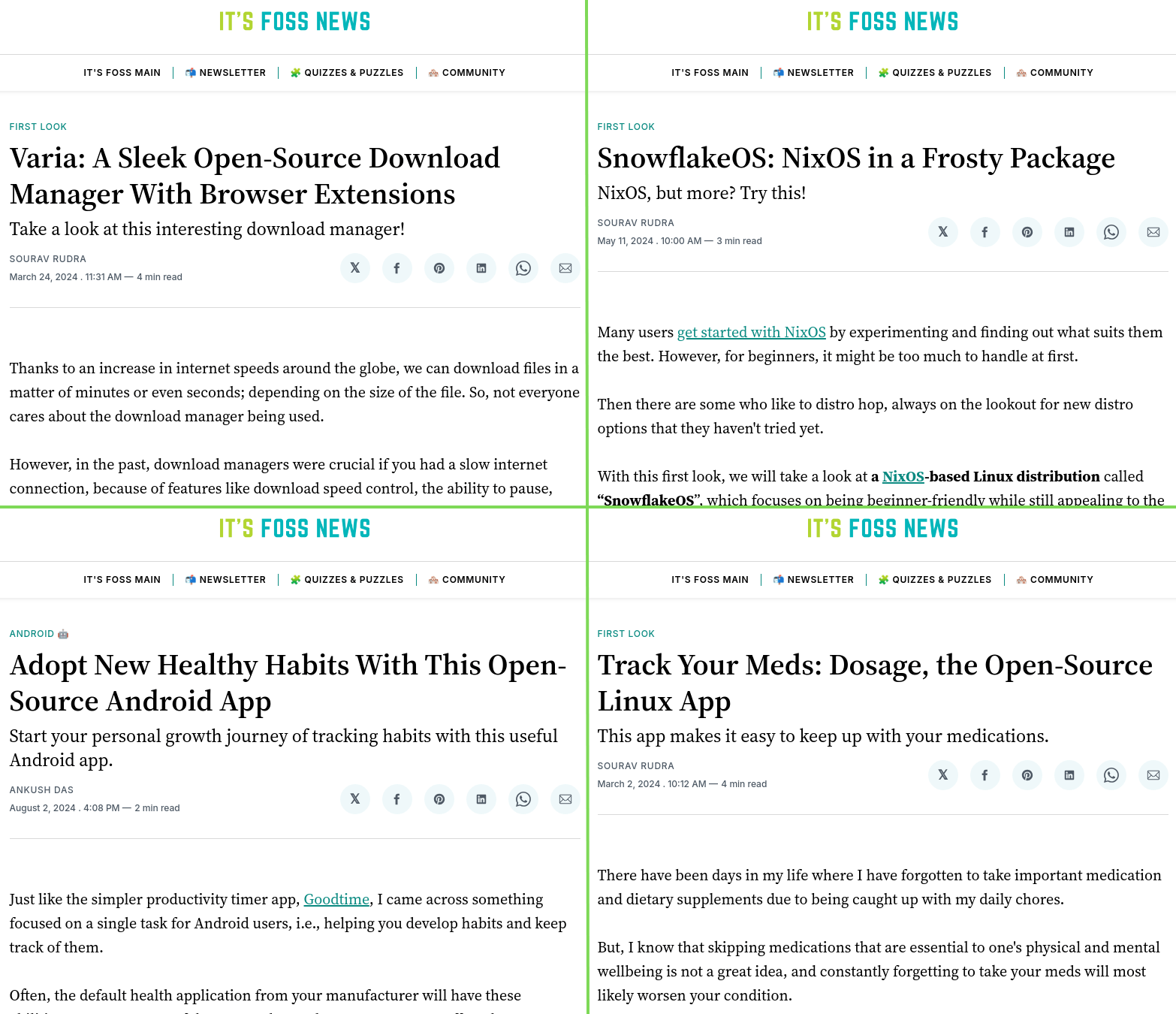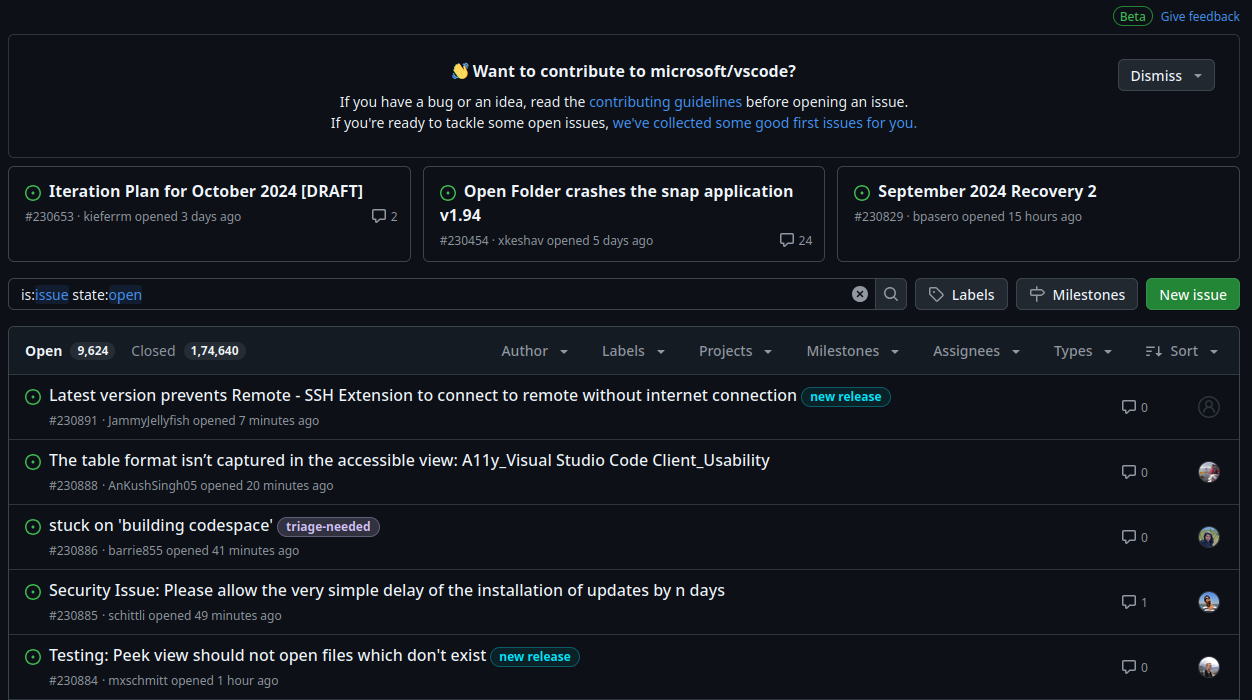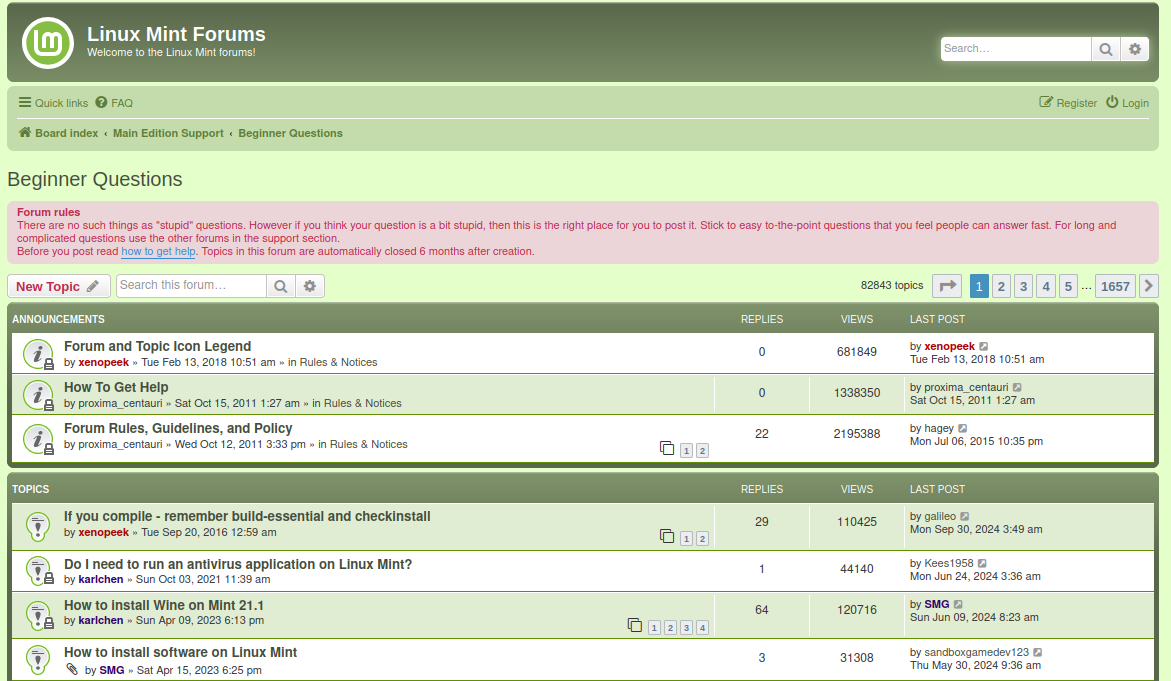
The idea of open-source is the best thing ever to happen in the field of software development. It has made way for collaboration on a global scale, outside a multinational corporation setting, that too with community values driving the initiative.
Without it, we would head into a dystopian future where the closed-source approach was the only way and big corporations controlled everything. (similar to the world of Cyberpunk 2077)
And, if you take a look at the latest data on the state of open source (via GitHub), then you will immediately see that open-source is here to stay, with astonishing growth every passing year.
There were a whopping 301 million total contributions to open source projects across GitHub back in 2023. Add to that the steady stream of new open-source contributors, and you can clearly see where we are headed.
And, that's just GitHub stats alone 🤯
If we factor in other Git-powered collaboration platforms like GitLab, Codeberg, and Gitea for open-source projects, the numbers could easily be half a billion (if not more).
But, what's exactly contributing to all this success? And, how did it happen? Let me take you through it.
Git Started It All

The developer community is at the center of all this, of course, all thanks to Git, the open-source version control system that changed the face of the software development industry, introduced by Linus Torvalds himself.
As per Stack Overflow's 2023 report on version control systems, 93% of developers use Git 🤩
Platforms like GitHub, GitLab, Codeberg, and many others are effective in what they provide: an accessible place for people to band together and work on open-source software that they truly care about. All because Git existed in the first place.
Of course, GitHub gets more credit to promote the Git system than any other platform. The developers can collaborate, and build things effectively, while keeping it transparent in such platforms.
While Git facilitated the development, what's supercharging it?
The community behind it.
It is true that the technologies power innovations. But, without the open-source community, the innovations will not have a life in it.
So, how exactly are the communities making a difference? Let's take some examples:
Open-Source Media Communities

Considering we are the one writing about it, I chose to mention the media community first.
We at It's FOSS and It's FOSS News cover plenty of open-source projects. And, we have been doing it for years now. Sometimes we stumble upon a project, sometimes they approach us to write about them.
When we check our socials as part of my daily tasks here, such projects get a good amount of feedback that include both positive comments and constructive criticism.
As a result, developers often get more eyes on their projects, with people pointing out problems/issues to fix as well as valuable suggestions that developers could potentially implement.
We feel particularly happy when a not-so-popular open-source project gets the attention it deserves.
Similarly, there are other media publications like OMG!Ubuntu!, Phoronix, that have been covering Linux and open-source more than ever, all influencing to a bigger community in general.
And, all of this is good for the open-source projects, and indirectly influencing the direction of projects in various ways, and starting a discussion that brings new users, and engages the existing user base.
GitHub Issues, Forums, And Other User Discussion Portals

Places like GitHub issues, forums for a particular software or a distribution, and others, make up for a significant part of the community.
Yes, some may think of it as portals where users reach out to complain or ask for help.
But, that's where the core of the community lies — development, feedback, and discussions.

The user, the project maintainers, and the creator, all come together under one roof here.
When a user asks a question, submits a feature request, finds a bug, or just helps someone in the portal, that supercharges the open-source project directly. Whether it is the usefulness of the information to the developers, or a new user asking for help, everything counts.
You can think of it as drops that make up an ocean.
Hence, with a thriving community, the project is bound is improve, get popular, become more useful, and leave a lasting impact on the society.
Telegram, Matrix, Discord Communities Also Contribute Well
In 2024, we also have communities around messaging platforms like Telegram, Discord, and Matrix clients.
These platforms are another form of the community, which also play a vital role.
An active community where users and developers can interact in real-time, talk through voice channels, and hold fun digital activities as well.
I recall joining Notesnook's Telegram community and reporting a bug which was quickly addressed, way before they could notice a GitHub issue. And, it is just one example.
Examples of Dev Communities Making a Difference

We have plenty of projects that exist because of the community powering it. And, you know them already. Some of them include:
- Linux
- WordPress
- Kubernetes
- Apache HTTP Server
When it comes to the Linux kernel, there are thousands of contributors. For instance, 1980 developers made contributions for Linux kernel 6.4 release. And, they are people all across the world, some employees for a specific company, and some individual developers.
Similarly, for WordPress, about 640 people from at least 53 countries contributed to WordPress 6.6 development.
These are interesting statistics that shows you the number of developers involved in some popular open-source projects.
But, the actual number of people involved is way higher if we count in the users contributing with bug reports, feature requests, and other discussions that help the software development process as well.
💬 What do you think about impact of communities for open-source software development? Did we miss mentioning anything that you notice? Share your thoughts in the comments down below!
- Even the biggest players in the Linux world don't care about desktop Linux users. We do.
- We don't put informational content behind paywall. Your support keeps it open for everyone. Think of it like 'pay it forward'.
- Don't like ads? With the Plus membership, you get an ad-free reading experience.
- When millions of AI-generated content is being published daily, you read and learn from real human Linux users.
- It costs just $2 a month, less than the cost of your favorite burger.
Become a Plus Member today and join over 300 people in supporting our work.










